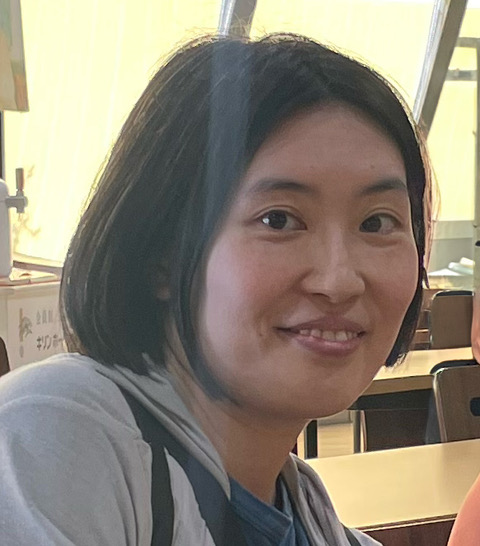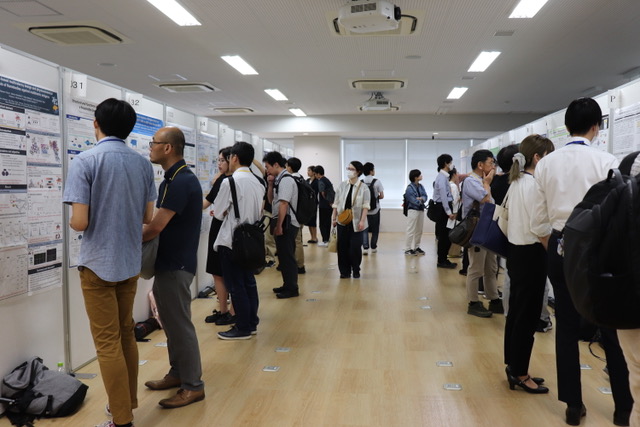Disclaimer: machine translated by DeepL which may contain errors.
Life Science Symposium
Yoko Ohtsubo, Project Assistant Professor, Life Science Network

Have you heard of the Life Science Network of The University of Tokyo? It is a network-type cross-sectoral organization in which 15 Faculties, Graduate Schools, and Institutes, including those in the humanities, participate. It supports education through the publication and revision of life science textbooks, and holds symposia for the purpose of exchanging researchers within the university and introducing research to the outside world. The textbooks are published mainly for use in lectures in the first semester of the College of Arts and Sciences. In February 2024, we published "Life Science: Understanding from Physics, Chemistry, and Mathematics" for first-year science students, and are in the process of revising "Life Science for Integrated Science" for second- and third-year science students and "Modern Life Science" for liberal arts students as needed. In addition, the Life Science Symposium is held once a year, and the 23rd Symposium was just held in June 2024.
 Symposium poster room
Symposium poster roomI graduated from the Department of Chemistry, Graduate School of Science (currently Department of Biological Sciences) about 15 years ago, and after working at several Institutes, I was appointed to the Life Science Network in August 2023. Preparations for the symposium began immediately after my arrival. Although I had assisted in the organization of academic conferences at my previous employers, this was the first time I was involved in full-fledged management. I had to make a number of arrangements, such as reserving the venue, renting poster panels, and requesting sponsor advertisements, and I had to move around from right to left.
For this symposium, we decided to go paperless and reduce the budget by digitizing the program book and the poster award judging. Unfortunately, we could not listen to the presentations carefully due to many related tasks, but we could see students actively discussing in the poster room. For the first time, a corporate poster corner was set up. The symposium consisted of oral presentations by 11 young researchers, 213 poster presentations, and lectures by 5 professors, and was attended by approximately 400 people, including students, researchers, and the general public from inside and outside the university. The symposium was successfully held without any major problems. In the questionnaire after the symposium, we received feedback that they would like us to continue to hold such gatherings that transcend the boundaries of Graduate Schools.
On a personal note, I have been working for several years on an interdisciplinary research project to investigate how yeast cells respond to plasma gas irradiation, and have recently completed a paper on the subject. I started this research from the development of the apparatus together with a researcher in the field of physics and engineering, and we realized that our common sense was not understood in different research fields, as our senses of temperature were completely different (e.g., the difference between 25 and 75 degrees Celsius has a great impact on living organisms, but the absolute temperature difference is only 1.17 times greater). This made me keenly aware of the importance of communication.
Modern research, including life science, is highly developed and segmented, and it is often difficult to reach a common understanding even if the fields are slightly different. In such an era, the Life Science Network is of great significance as a forum for collaboration among researchers involved in the life sciences. The University of Tokyo conducts a great deal of high-level and highly diverse life science research. We would like to continue to enhance the activities of the Life Science Network as a place to link them together and to introduce life science research to a wider audience, even if only in a limited way.
Faculty of Science News collects essay submissions. We welcome all submissions, regardless of whether they are self-recommended or not. We especially welcome submissions from Faculty and graduate students. However, the Communications & Public Relations Committee will decide whether or not to publish your essay.Please send your contributions to rigaku-news@adm.s.u-tokyo.ac.jp.
Published in the September 2024 issue of The Rigakubu News


